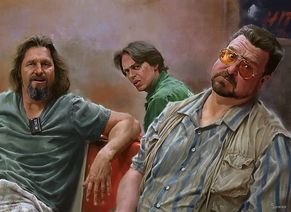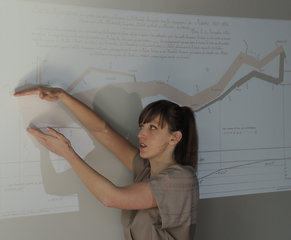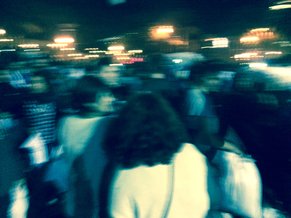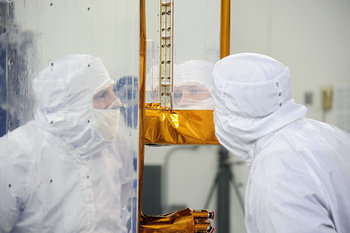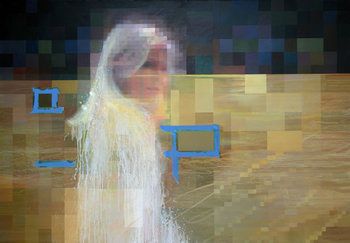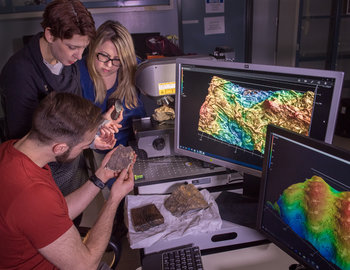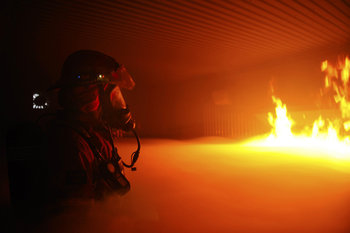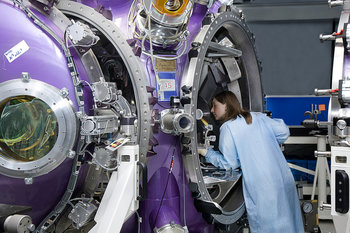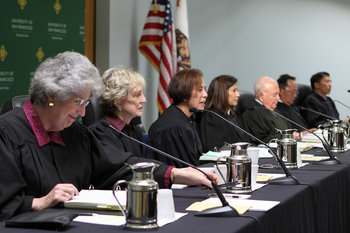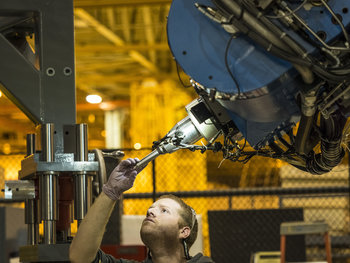
Material
A cause based on the physical realities of matter.A chair breaks because its wooden legs aren't strong enough.
A goal was scored because a soccer ball is made of a material that transfers energy to movement efficiently.
A student failed because the ink they placed on paper didn't correspond to expectations.
An artwork sold for $80 million because it had 16 types of paint on a canvas.
A child has a low IQ because they were exposed to lead as an infant.
A goal was scored because a soccer ball is made of a material that transfers energy to movement efficiently.
A student failed because the ink they placed on paper didn't correspond to expectations.
An artwork sold for $80 million because it had 16 types of paint on a canvas.
A child has a low IQ because they were exposed to lead as an infant.
Form
A cause based on the form, shape or appearance of something. Also known as formal cause.A chair breaks because its design distributes load to a element that isn't very strong.
A goal was scored because a soccer ball has reasonably a aerodynamic shape.
A student failed because the symbols they placed on paper didn't correspond to expectations.
An artwork sold for $80 million because its forms were visually appealing.
A child has a low IQ because a paint flaked off into small dust particles that were unnoticeable on hands and easily inhaled.
A goal was scored because a soccer ball has reasonably a aerodynamic shape.
A student failed because the symbols they placed on paper didn't correspond to expectations.
An artwork sold for $80 million because its forms were visually appealing.
A child has a low IQ because a paint flaked off into small dust particles that were unnoticeable on hands and easily inhaled.
Agent
A cause based on movement. This is a confusing term since agency is usually used to describe the ability of a lifeform to control outcomes that effect it. However, it seems clear that Aristotle simply means movement and not necessarily movement caused by an agent such as a person, animal or organization. Also known as the efficient or moving cause.A chair breaks because a heavy person sits on it.
A goal was scored because a player kicked the ball.
A student failed because they gave incorrect answers on a test.
An artwork sold for $80 million because its artist was talented.
A child has a low IQ because a landlord painted the walls of an apartment with a high lead paint.
A goal was scored because a player kicked the ball.
A student failed because they gave incorrect answers on a test.
An artwork sold for $80 million because its artist was talented.
A child has a low IQ because a landlord painted the walls of an apartment with a high lead paint.
End
The end cause is the top level explanation of a change that often involves abstract concepts such as motivations, purposes and potential. As such, this is often something of a judgement call. Also known as the final cause.A chair breaks because a restaurant is too cheap to invest in chairs that are strong enough to hold its customers.
A goal was scored because Germany had a stronger team than Canada.
A student failed because they didn't study and were hungover during a test such that their mental capacity was diminished.
An artwork sold for $80 million because it is extremely famous and is considered an influential work that inspired an artistic movement.
A child has a low IQ because a company sold a paint product they knew to be dangerous and a government failed in its duty to protect consumers.
A goal was scored because Germany had a stronger team than Canada.
A student failed because they didn't study and were hungover during a test such that their mental capacity was diminished.
An artwork sold for $80 million because it is extremely famous and is considered an influential work that inspired an artistic movement.
A child has a low IQ because a company sold a paint product they knew to be dangerous and a government failed in its duty to protect consumers.
Notes
The four causes is an element of Aristotle's metaphysics, the philosophy of physics.The four causes isn't particularly useful to modern pursuits as we know much more about physics than Aristotle. For example, it would be useful to have energy and force as causes. In other words, Aristotle's model neglects causes such as gravity because he didn't know they exist.Aristotle appears to recommend listing each of the four causes for each change. This can be used in conjunction with modern methods of root cause analysis such as 5 whys.| Overview: Four Causes | ||
Type | ||
Definition | A principle for determining the cause of change proposed by Aristotle that looks at four types of causes: material, form, agent and end. | |
Related Concepts | ||




